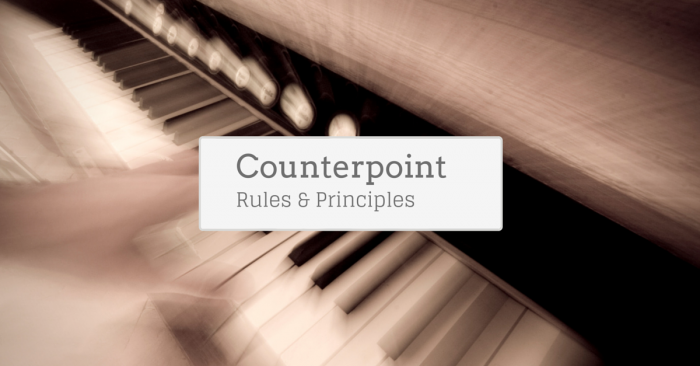Music, much like life, is fundamentally a swinging pendulum between tension and release. Fortunately, with music, this is easy to represent objectively and to utilize in your music composition. Taking a look at the C major scale, you can see that … [Read more...]
John Lennon Hit Songwriting Teleseminar
At this moment, you're just a $20 click away from discovering the Hit Songwriting Secrets of John Lennon... even if you're starting from scratch. April 18th and 19th, 2007 6pm PST/ 8pm CST/ 9pm EST Count me in! Please reserve my tele-slot for … [Read more...]
Confusing Music Theory Fundamentals And Cliche
Wanna hear something provocative? Check out this quote from an old issue of keyboard magazine. "On this experimental record, I've been trying to explore more jazz harmonies. The thing is -- and I'm gonna piss off a lot of people here -- the II-V-I … [Read more...]
The Perfect Song Title – 5 Things To Remember
Place Your Song Title At Key Points In The Chorus Your song title is more likely to be remembered if it is placed in the first or last line of the chorus. Place Emphasis On Your Song Title In The Chorus Support your song title by giving it a … [Read more...]
The Rules and Principles of Counterpoint
These rules of counterpoint are simple and easy to memorize. Use them during the arranging phase of your music producing. Counterpoint: a composition which is written strictly according to technical rules. In earlier times, instead of our modern … [Read more...]
How To Master Musical Textures
If you need more compositional choices or your music needs more depth, you might want to play with the textural qualities of music. This won't be difficult because I've prepared a textural dictionary for you. Polyphonic, while literally meaning … [Read more...]
Harmony’s Hidden Geometry Revealed
THE GEOMETRY OF MUSICAL CHORDS Dmitri Tymoczko, Princeton University Musical chords have a non-Euclidean geometry that has been exploited by Western composers in many different styles. A musical chord can be represented as a point in a geometrical … [Read more...]
How To Hear Interval Quality Distinctions
If you can do a good job identifying your basic diatonic intervals (unison, major 2nd, major 3rd, perfect 4th, perfect 5th, major 6th, major 7th, perfect octave), the next logical step is to move on to hearing the distinctions between the different … [Read more...]
The Golden Mean in Harmony Part 2: Tritones: The Devil’s interval
Tritones: The Devil's musical interval: If you look at the relative stability of each scale degree in Western harmony you'll see that the 4th and 7th are the most instable. In order of stability to instability it looks like this: 1, 5, 3, 6, 2, 4, … [Read more...]
Songwriting For Busy People
Mind Hacks posted how choice is demotivating when there are too many options. "Offer students a choice of 6 essays, rather than 30 essays, for extra-credit and more will take up the opportunity if there is less choice of essay titles - and, what … [Read more...]

